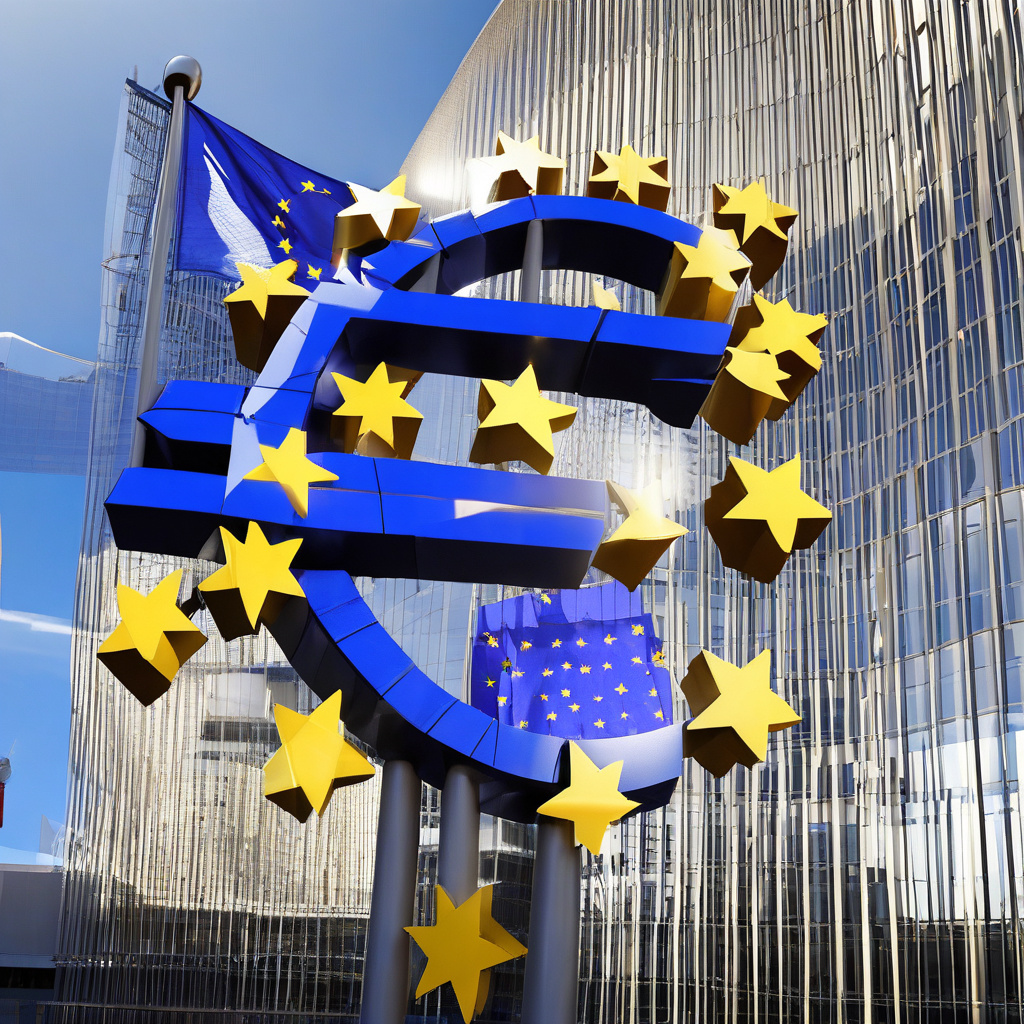The EU Takes Action Against Substandard Goods from Non-EU Web Shops: What Retailers Need to Know
The European Union has recently introduced new measures to address the influx of substandard goods from non-EU web shops, aiming to regulate the 12 million daily e-commerce parcels entering the region. These measures mark a significant step in ensuring consumer protection and fair competition within the digital market landscape.
With the rise of online shopping, consumers have gained unprecedented access to a wide range of products from all over the world. While this presents exciting opportunities for both buyers and sellers, it also raises concerns about the quality and safety of goods being sold online. Substandard products not only pose risks to consumer health and safety but also undermine the credibility of legitimate businesses operating within the EU.
The EU’s decision to tackle substandard goods from non-EU web shops is a proactive move to address these challenges. By adopting new proposals and regulations, the EU aims to establish stricter controls on incoming e-commerce parcels, ensuring that products meet the required standards before reaching consumers.
One of the key aspects of the new measures is enhanced cooperation between customs authorities and e-commerce platforms. By working together to identify and intercept substandard goods at the border, these stakeholders can prevent unsafe products from entering the EU market. This collaborative approach not only strengthens consumer protection but also holds online retailers accountable for the products they sell.
Moreover, the new measures emphasize the importance of transparency and information sharing in e-commerce transactions. Online retailers will be required to provide detailed product information, including origin, ingredients, and safety certifications, to ensure compliance with EU regulations. By promoting transparency, these measures empower consumers to make informed choices and avoid potential risks associated with substandard goods.
For retailers operating outside the EU, compliance with these regulations is essential to continue selling products to European consumers. Non-EU web shops must adhere to the EU’s standards and regulations, including product safety requirements and labeling guidelines, to avoid penalties and ensure a seamless entry into the EU market.
In light of these developments, retailers are encouraged to stay informed about the evolving regulatory landscape and take proactive steps to comply with the new measures. By prioritizing product quality, safety, and transparency, retailers can build trust with consumers and differentiate themselves in the competitive e-commerce market.
In conclusion, the EU’s efforts to tackle substandard goods from non-EU web shops reflect a commitment to upholding high standards of consumer protection and regulatory compliance in the digital age. By implementing these new measures, the EU aims to create a safer and more transparent e-commerce environment for businesses and consumers alike.
#EUregulations, #ecommerce, #consumerprotection, #onlineretail, #EUmarketintegration
